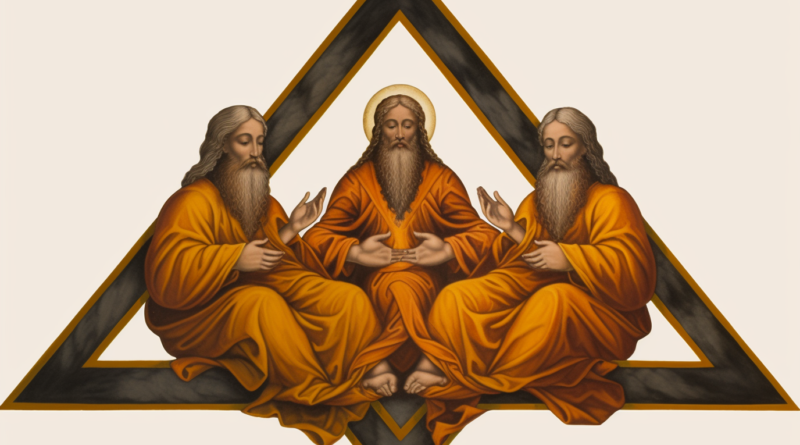Unmasking the Trinity (Part 6) – Summary
In the historical and philosophical discourse of monotheistic religions, the concept of God’s unity has been the fulcrum around which theological debates rotate. This article explores the concept of the unity of God through the lens of Biblical Unitarianism, presenting a compelling argument grounded in logic, scripture, and historical analysis.
Biblical Evidence and Logic
At the heart of Biblical Unitarianism is the singular nature of God. The majority of biblical references to God employ singular personal pronouns, suggesting a singular being rather than a plurality of persons in the Godhead. Genesis 1:26, often used as an argument for plurality, should not be seen as indicating multiple divine persons, but rather as a ‘majestic plural’ that monarchs traditionally used to express power and authority. In contrast, the Old Testament is consistent in representing God as a single being – “Hear, O Israel: The Lord our God is one Lord” (Deuteronomy 6:4).
When considering the New Testament, it is important to remember that Jesus and his apostles derived their teachings from the Old Testament. They expressed faith in the same God of Israel. Jesus himself, referred to as “a man accredited by God” (Acts 2:22), was not equated with God but was understood as the human Messiah, subordinate to the Father. This is exemplified in passages like John 14:28, where Jesus states, “the Father is greater than I,” and Mark 13:32, which asserts that the Son does not know the day or hour of the end, only the Father.
The Holy Spirit in Biblical Unitarianism is seen not as a distinct divine person but as a power or property of God. Its personification in certain biblical passages does not necessarily infer its personhood. An analogy is found in the personification of wisdom in Proverbs 8, which does not imply that wisdom is an actual person.
Historical Analysis
The notion of the Trinity, central to the theology of Trinitarianism, is not evident in the early teachings of the Christian church. The first Christians were Jews who adhered to the Old Testament’s teachings of a singular God. They expressed every aspect of their faith using Scripture alone, demonstrating a continuation of Jewish monotheism. This progression from Jewish monotheism to Christian Trinitarianism is not supported by the documentary evidence.
A survey of early Christian writings, such as those of Justin Martyr and the Didache, reveals an evolution in the understanding of Christ over time. The deity of Christ and the concept of a triune Godhead were absent in these texts. It was only later, at the Council of Nicaea in AD 325, that Trinitarianism began to form, evolving and adapting over centuries in response to theological debates and socio-political influences. This historical analysis shows the progression from the simplicity of early doctrines to the complex theology of Trinitarianism, suggesting that the simpler Unitarian conception of God may be closer to the original understanding of the divine.
Conclusion
In conclusion, Biblical Unitarianism, with its affirmation of the unity of God, presents a compelling argument based on biblical evidence, logical consistency, and historical analysis. It aligns with the Old Testament’s depiction of a singular God and the early Christian understanding of Christ as human. This understanding of God’s unity allows for a direct and personal relationship with the divine, unencumbered by the theological complexities inherent in the concept of the Trinity. The emphasis lies on the God of Israel, the God that Jesus himself worshipped, encouraging us to test all teachings against reason, Scripture, and history.

